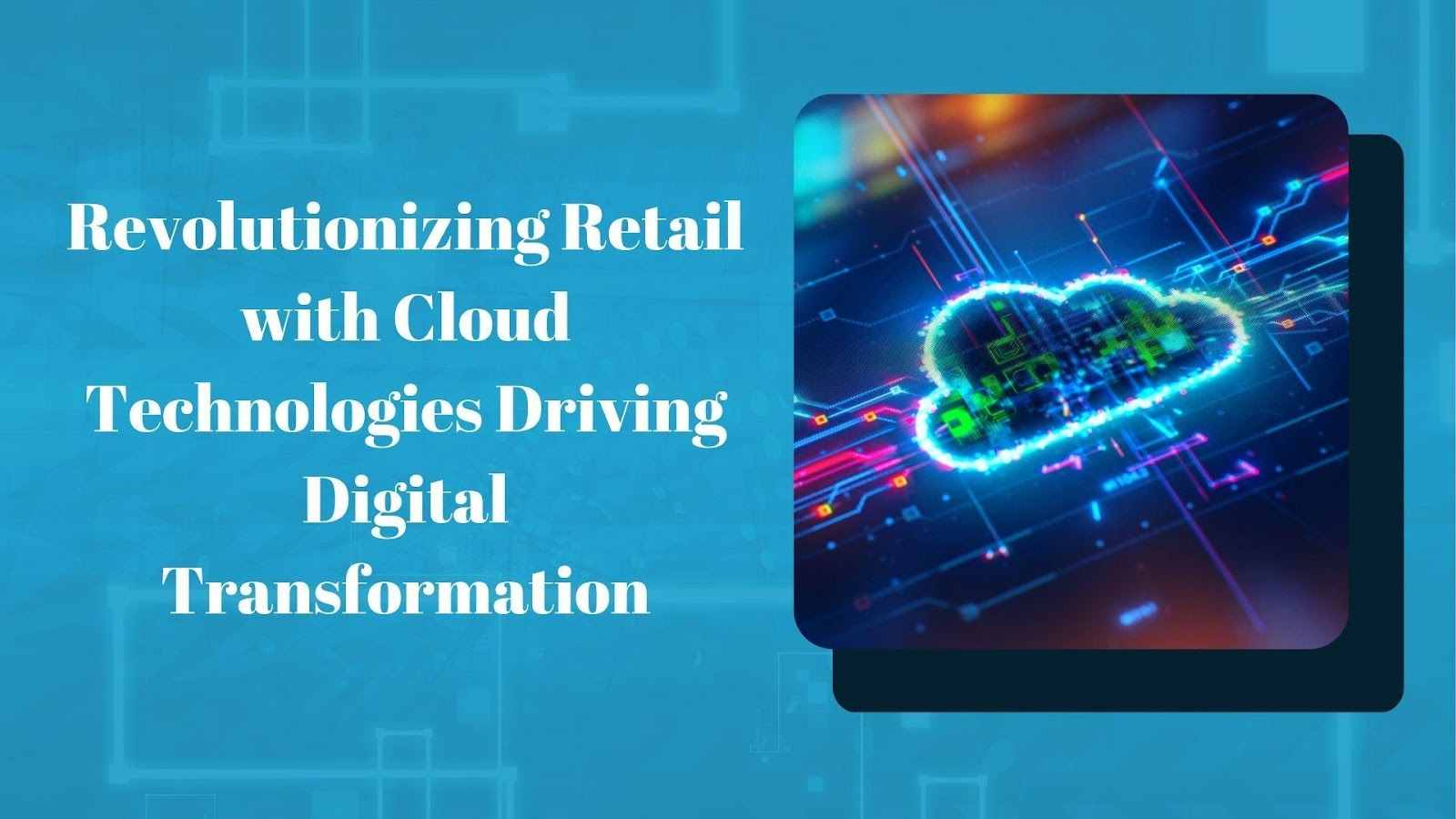In this modern era, cloud computing has become a cornerstone of digital transformation in the retail sector. Mohammed Khaja Sirajuddin, an expert in cloud technologies, delves into their transformative role in enhancing operational efficiency and customer experiences through innovative solutions. This article explores how these technologies are reshaping retail by enabling real-time analytics, scalable platforms, and personalized customer interactions, fostering growth and adaptability in a competitive marketplace. As these technologies evolve, they are setting new benchmarks for agility and customer-centric innovation.
Cloud-Enabled Inventory Management
Cloud technologies have revolutionized inventory management by introducing real-time tracking, advanced automation, and streamlined workflows. Advanced systems utilize Internet of Things (IoT) sensors, Radio-Frequency Identification (RFID) tags, and cloud-based platforms to provide retailers with precise control over stock levels across locations. These solutions enable seamless synchronization across warehouses, stores, and fulfillment centers, reducing stockouts, overstock scenarios, and inventory mismatches. Integration with predictive analytics ensures inventory levels align with demand patterns, enhancing operational efficiency, reducing costs, and improving supply chain resilience.
Personalization Powered by Cloud Analytics
Customer personalization has reached new heights with cloud-based analytics, unlocking unprecedented levels of engagement and retention. Retailers now leverage sophisticated data collection tools to create unified customer profiles based on purchase history, browsing behavior, and social interactions across multiple channels. Machine learning algorithms drive recommendation systems that predict customer preferences with remarkable accuracy, delivering personalized shopping experiences tailored to individual needs. These tailored interactions improve engagement, boost conversion rates, and increase customer lifetime value while fostering deeper brand loyalty and customer satisfaction.
Scalable E-Commerce Platforms
Cloud infrastructure supports the scalability required for modern e-commerce platforms, enhancing performance and user experiences. By adopting microservices architectures and containerization technologies, retailers can handle fluctuating traffic during peak shopping periods without compromising performance, reliability, or uptime. Load balancing and predictive scaling mechanisms ensure systems remain responsive, maintaining high uptime even under stress during sales events. These platforms integrate content delivery networks and edge computing, reducing latency, minimizing response times, and improving user experiences across devices and geographies seamlessly.
Enhancing Operational Efficiency
Process automation through cloud solutions has streamlined retail operations significantly, reducing manual workloads and errors. Automated workflows in inventory management, order processing, and customer service enhance productivity, allowing businesses to allocate resources more efficiently and strategically. Cloud-based analytics platforms offer real-time insights into sales performance, inventory turnover, and customer behavior, enabling informed, data-driven decision-making across operations. Businesses implementing cloud automation report substantial cost savings and operational improvements, reinforcing the value and scalability of these cutting-edge technologies.
Strengthening Security and Compliance
With the advent of regulations like GDPR and CCPA, cloud technologies have become critical in ensuring data security and compliance for global retailers. Retailers utilize advanced encryption methods, access controls, and privacy-preserving analytics to protect sensitive customer information from breaches and unauthorized access. These measures enhance customer trust while allowing businesses to leverage data responsibly for analytics and personalization efforts. By implementing robust security protocols, retailers can ensure compliance and maintain operational integrity while optimizing digital transformation strategies.
The Future of Retail with Cloud Technologies
The retail industry is rapidly transitioning toward cloud-native operations, embracing innovations like artificial intelligence, blockchain, and edge computing for a competitive edge. Emerging trends include augmented reality for virtual shopping experiences, blockchain for transparent supply chains, and predictive analytics for inventory and demand forecasting. As these technologies evolve, retailers must adopt robust strategies for integration, workforce adaptation, and long-term scalability to remain agile. These advancements will drive real-time decision-making, operational efficiency, and customer engagement across diverse retail environments effectively.
In conclusion, Mohammed Khaja Sirajuddin highlights the pivotal role of cloud technologies in transforming the retail landscape and fostering growth. By enabling scalability, personalization, and efficiency, these innovations offer retailers a competitive edge in a digital-first marketplace. As cloud adoption continues to grow, its impact on retail operations and customer experiences will only deepen, paving the way for a more connected, responsive, and innovative industry worldwide. These advancements will also drive long-term sustainability by optimizing resource utilization and reducing operational waste. Retailers embracing these changes are well-positioned to adapt to evolving consumer demands and technological trends.



































